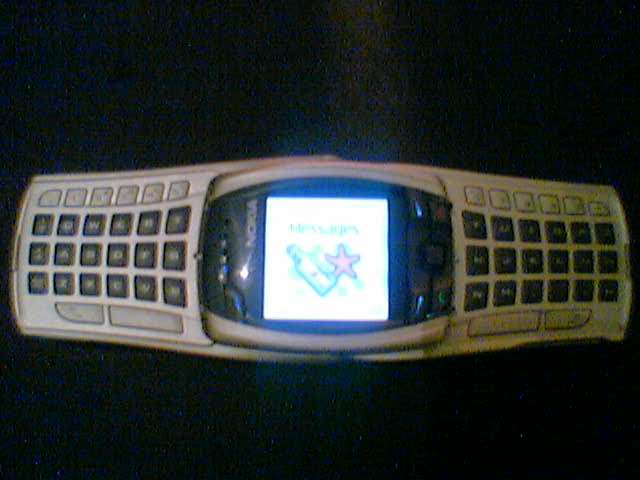The most interesting item on Day 3 of NMIC
A terrific presentation by Nokia's internal group that studies consumer behavior -- these guys have done an amazing amount of research and have developed a really compelling model for thinking about how people use mobile devices. They have a number of "dimensions" that they use to segment different people's behavior around the use of mobile technologies. The devices that they introduce, like the 6800 that I wrote about yesterday, are defined by analyzing the intersections of these dimensions and identifying clusters of consumers that behave in certain ways and have certain needs for mobile devices. I can't possibly do justice to the full model and Nokia has in any case promised to put this presentation on the web -- so I will link to it when it is available. In the meantime, here are some of the dimension characteristics as a teaser:
Open vs. Controlling
Receptive and Belonging vs. Individual and self esteem
"Mind styles" that these two dimensions produce -- enjoying, exploring, managing, exploiting, controlling, defending, bonding...
Style dimension -- appearance -- premium vs. fun vs. active vs. fashion
functional dimension -- writing vs. reading vs. relationship management vs. talking...
capabilities dimension -- amount of memory, screen size, user interface, programmability...
Phone Categories that these dimensions produce -- Imaging, Gaming, Classic...
The future vision of Nokia is that "...I will have my phone with my set of applications and you will have yours and they will really be entirely personalized to each of our needs and will look nothing like each other..."
This creative segmentation which allows for devices which will become completely personlized is a tremendously powerful vision. One interesting aspect to me is what a sharp contrast it is to the way in which Microsoft has guided the evolution of the PC -- narrowing down the possibilities to a single, fairly uniform platform. One Nokia person commented to me that he and his colleagues were discussing the issue of the PC volume having plateaued at 400 million devices and why this was -- perhaps if Microsoft had adopted this experimental and fully open and configurable approach that Nokia has adopted, that the PC world would look quite different, with a much wider array of solutions adapted to different requirements...
 First you can see the phone in its "one hand" mode -- looks like a normal phone, right? But then it OPENS...
First you can see the phone in its "one hand" mode -- looks like a normal phone, right? But then it OPENS...  with a section lifting up from the keyboard area. This section continues to open up until it flips all the way over the top, allowing you to turn the device into a horizontal position and use a full QWERTY keyboard with two hands...
with a section lifting up from the keyboard area. This section continues to open up until it flips all the way over the top, allowing you to turn the device into a horizontal position and use a full QWERTY keyboard with two hands...  The screen automatically flips orientation when the keyboard is opened.
The screen automatically flips orientation when the keyboard is opened.
